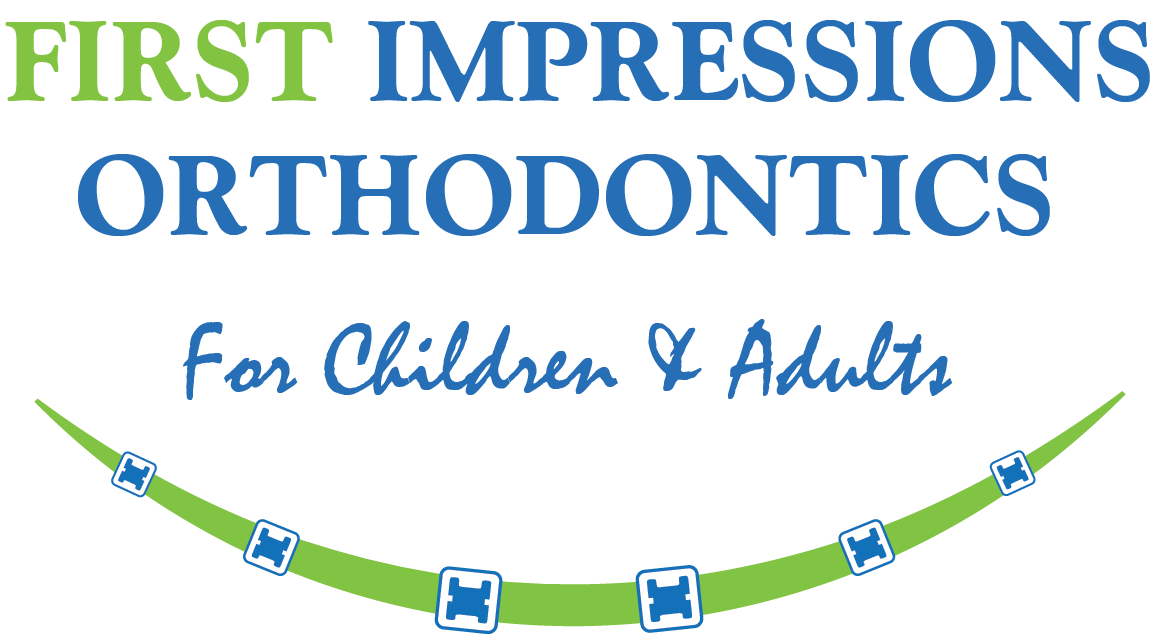Use Preventative Treatment Instead Of Reactive Treatment
Why wait until a problem occurs to get treatment. Start early orthodontic treatment to help prevent bad habits before they even start. The American Association of Orthodontists recommends that children have their first orthodontic screening at 7 years old.
Why is early evaluation so important?
- Early evaluation isn't always followed by treatment
- We will monitor your child's growth until it is time for treatment
- It helps prevent future problems
- It allows us to get a handle on the basic alignment of the teeth
- We can determine whether or not there is enough room in the mouth for all of the permanent teeth
We understand that every child is different and development differs. Kids can benefit seeing an orthodontist at an early age since the first adult molars tend to begin to emerge around age six.
When Earlier Treatment Is Better
Commonly, orthodontic treatment begins between the ages of nine and 14, once all baby teeth have fallen out leaving only permanent teeth. Some conditions are easier to treat if caught at an earlier stage. These conditions being:
Severe Crossbite, when the upper teeth close inside the lower teeth
- Can be treated with a palatal expander which gradually and painlessly widens the upper jaw
- Complicated treatment or surgery may be a last option if left untreated
Severe Crowding, when the jaws are too small to accommodate all of the permanent teeth
- Palatal expansion or tooth extraction may be recommended
- If braces are required later, treatment time will be shorter and less complicated
Protruding Teeth
- Prone to chipping and fractures
- Self-Image issues
Severe Underbite, when the lower jaw grows larger than the upper jaw
- Braces and headgear can successfully correct these issues to avoid surgery
Correcting Bad Habits
Everyone has their bad habits, however, there are some that are actually parafunctional (detrimental to one's health). Orthodontic bad habits can influence the development and function of a child's teeth, jaws, and mouth:
Persistent Thumb Sucking
- Typically disappears between 2–4 years old
- The pressure can cause teeth to move apart and the jaws to change shape
- Can lead to "open bite" which may impair speech
Tongue Thrusting
- Open bite can also be caused by the force of the tongue pushing forward against the teeth
Mouth Breathing
- Could cause the upper and lower jaw to grow abnormally
- It may begin as a physical difficulty, but can become habitual
Schedule An Appointment With Your Fairfield Orthodontist
There are many orthodontic treatments that we offer that can help correct these parafunctional habits. That's why the earlier they are treated, the less damage they may cause. Also, these potential problems may not be easy to detect which is why it is even more important to schedule an early orthodontic screening for your child.
